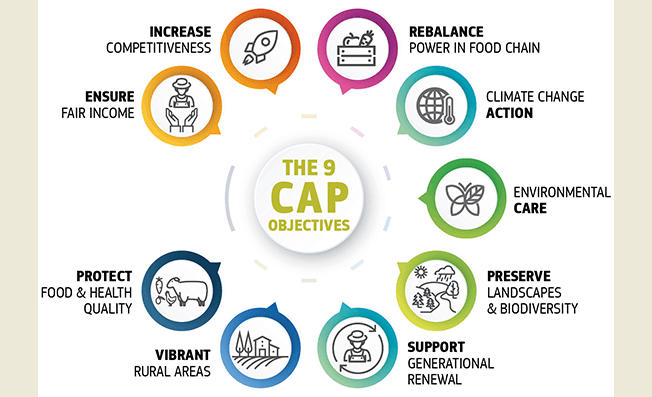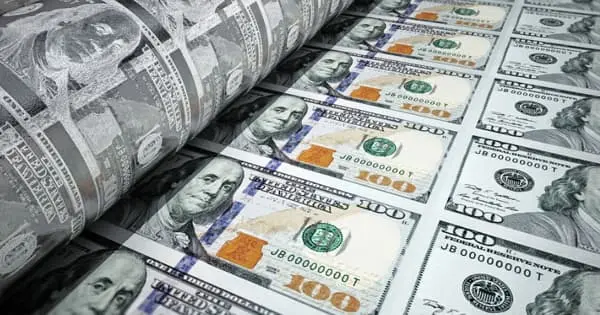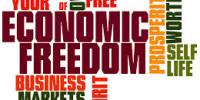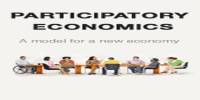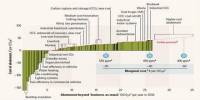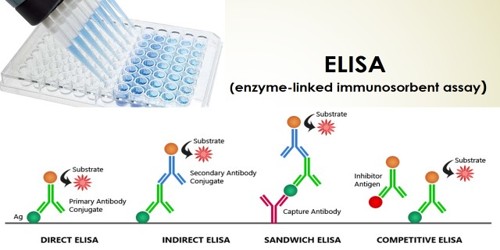The Common Agricultural Policy (CAP) is the agricultural policy of the European Union. Agriculture has been one of the flagship areas of European collaboration since the early days of the European Community. It was introduced after the Second World War. It gives Europe food security. Without it, they would be dangerously dependent on fluctuating imports. It implements a system of agricultural subsidies and other programs. The CAP is a common policy for all EU countries. It was introduced in 1962 and has undergone several changes since then to reduce the cost (from 73% of the EU budget in 1985 to 37% in 2017) and to also consider rural development in its aims. It is managed and funded at the European level from the resources of the EU’s budget. It has been criticized on the grounds of its cost, and its environmental and humanitarian impacts.
CAP aims to:
- support farmers and improve agricultural productivity, ensuring a stable supply of affordable food;
- safeguard European Union farmers to make a reasonable living;
- help tackle climate change and the sustainable management of natural resources;
- keep the rural economy alive by promoting jobs in farming, agri-foods industries, and associated sectors.
The CAP led to a huge surplus of food in Europe – This helped reduce Europe’s reliance on imported food but led before long to over-production, and the creation of “mountains” and “lakes” of surplus food and drink.
- Food mountains and lakes were created. In order to reduce these, the EU introduced milk quotas and set-aside.
- As part of the Milk Quotas, farmers are told how much milk they can produce. If farmers produce more than their quota they are fined.
- As part of the set-aside scheme, farmers have to leave 10-15% of their land uncultivated they are awarded a grant from the EU.
CAP ensures Europeans have stable food supplies at reasonable prices. Launched in 1962, the EU’s common agricultural policy (CAP) is a partnership between agriculture and society, and between Europe and its farmers. Europe wanted to be self-sufficient in its provision of food. As global warming increasingly impacts on harvests it’s even more important to protect domestic food supplies. The CAP guaranteed farmers a price for their produce. Without CAP, all 28 EU nations would develop their own competing farm support systems, creating single market chaos. The reform of the Common Agricultural Policy in 2004, called the Mid Term Review, has had a major impact on rural businesses. This protected farmers from cheaper imports from outside of Europe.
